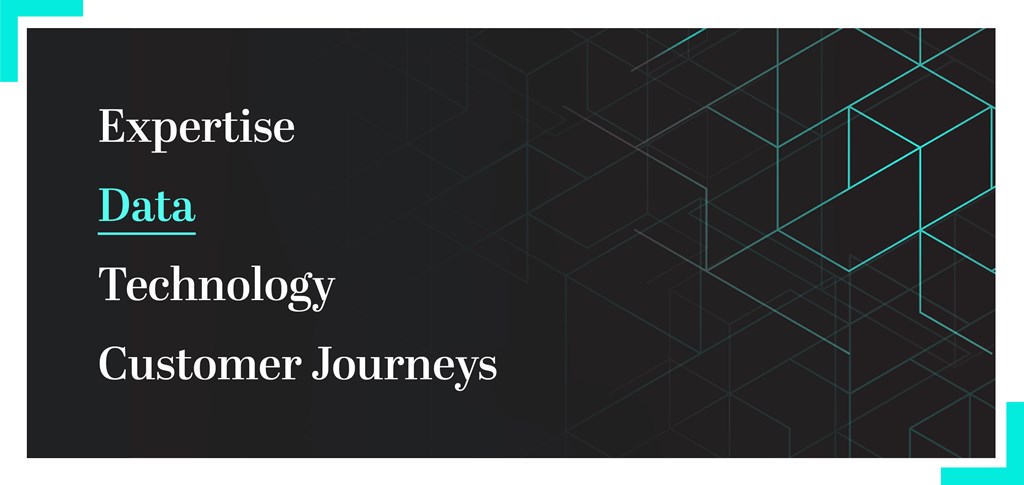Demystifying being data driven
Justin Masters

As CTO of a leading Optimizely partner, many of the conversations I’ve held with digital leaders in organisations, particularly in the past couple of years, have focused less on the technology required to deliver digital products and more on how technology can enable their organisations be data driven. It’s a common challenge in these days of digital differentiation where every data point, every measurable, can lead to deep insights. It’s appearing in the strategic objectives of many organisations, large or small, and across the full spectrum of sectors.
One of my first responses to the challenge posed, is to ask, in their own words, what do they actually mean by becoming data driven? It’s too easy to state as an objective, it’s not always so easy to clearly articulate what this will actually mean and, critically, what outcomes both they, and those whom they report to, need to deliver on to meet the organisational objectives.
In this series of articles, I’m going to explore what I believe being data driven as an organisation really means, why data is important, what types of data should be collected where and when, what is the real opportunity and how technology can be the enabler but in itself isn’t, the answer.
Why now?
The desire for an organisation to be data driven is not a new phenomenon. I believe that the situation we’ve found ourselves in through Covid has accelerated the need for organisations to focus more on their digital channels than ever before. This has often meant more significant levels of investment in digital to help organisations be more agile, nimble and adapt quicker to maximise opportunity.
Being more agile and nimble often requires higher level of experimentation than organisations have typically been used to. Experimenting both creates and, at the same time, heavily relies on data. Whether you consider experimentation as determining whether it’s A or B that works best, or running multiple concurrent experiments, the notions of “Fail fast, learn fast.” or Thomas Edison’s “I have not failed. I've just found 10,000 ways that won't work.” are all reliant on data.
These higher levels of investment in digital come with more attention. And rightly so. In order to justify the ongoing spend in digital, there needs to be measurable targets, data points to assess the return on investment. Is this being data driven? Perhaps.
I think it’s equally important not just to consider data used in reporting to signify being data driven. To some maybe it is. Though I believe being truly data driven is just as much about making data work for your organisation and using that data to drive change. Whether that’s data driving a change to the experience of your digital product, or using data to drive change through predictive insights, this is where the real potential of data starts to come through.
It's fairly easy to wax lyrical about data, being data driven and what this all means theoretically in a few paragraphs. In the next article we’ll go on to look at why data is truly important to organisations, how you can start to turn data into outcomes and what a data driven organisations perhaps looks like.